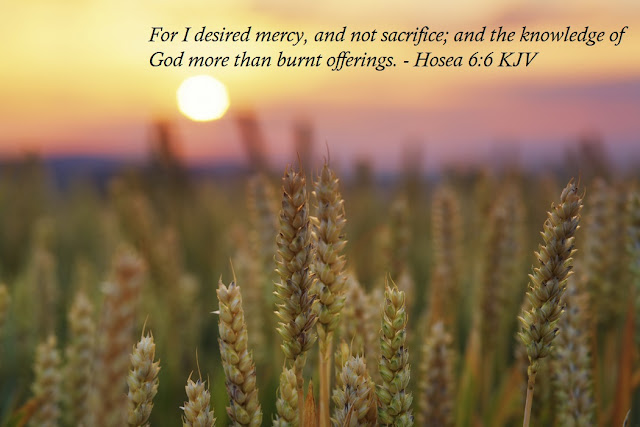Posts
Showing posts from May, 2018
The Life of Scottish Reformer John Knox
- Get link
- X
- Other Apps
Recommended Sermon: 'Thy Mercy, My God'
- Get link
- X
- Other Apps
The Distinction of and the Abiding Importance of the 10 Commandments
- Get link
- X
- Other Apps
The Gardiner Spring Resolutions (1861)
- Get link
- X
- Other Apps
WHAT DISTINGUISHES CHRISTIANS FROM THE WORLD?
- Get link
- X
- Other Apps
Francis Schaeffer - The Watershed of the Evangelical World
- Get link
- X
- Other Apps
ALL THE EARTH SHALL BE FILLED WITH THE GLORY OF THE LORD
- Get link
- X
- Other Apps
'The Righteousness of Christ, an Everlasting Righteousness'
- Get link
- X
- Other Apps












